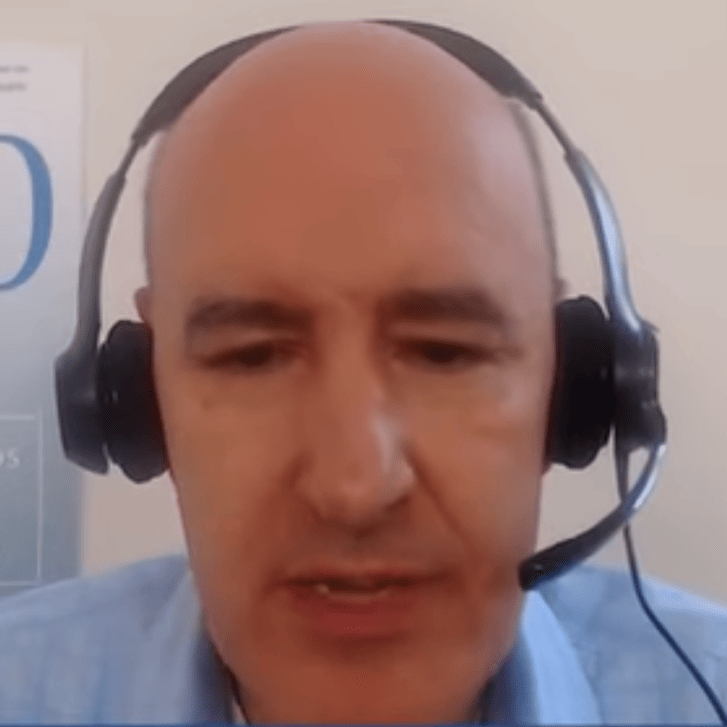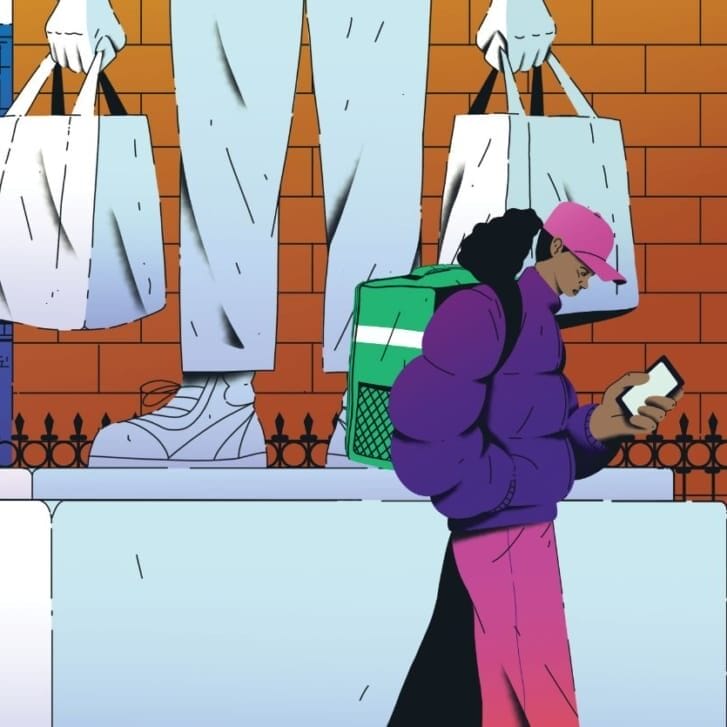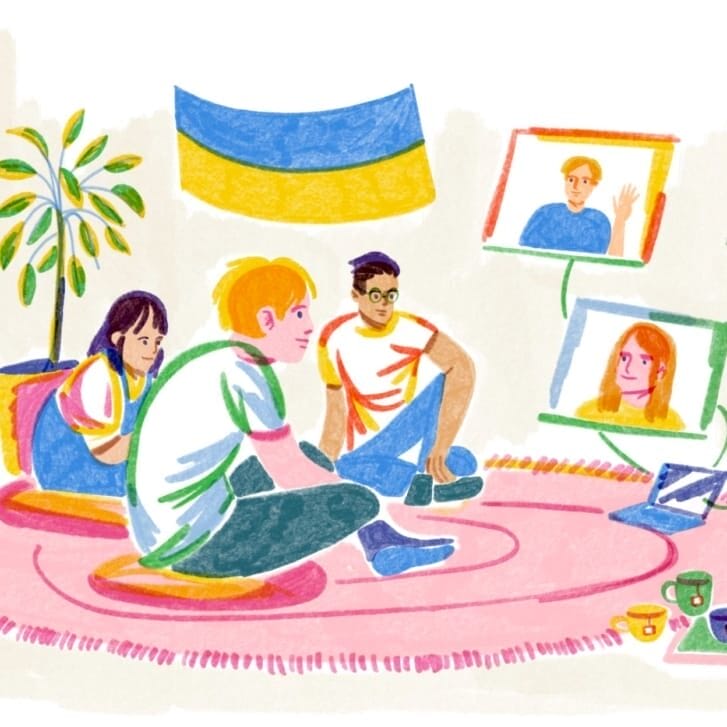It’s apparent that COVID-19’s lockdown has heightened recognition among white-collar Zoomers of those whose jobs require them to physically show up at work. Those of us who primarily manipulate information for a living have largely been able to avoid the dangerous virus while maintaining our normal connection to work via email and video calls. Meanwhile, with health-care professionals, grocery clerks, and delivery people manning the front lines on our behalf, there’s a new awareness that these essential workers should be garnering more recognition — and more tangible benefits — than they have in recent history.
But if the pandemic is shining a light on our need to repair frayed social bonds between information workers and the neighbors who run our hospitals and help put food on our tables, it also offers us opportunities to appreciate another segment of the workforce: those overseas workers who have long acted as the nearly invisible punching bags for our customer complaints.
In March, as call center workers in the Philippines began to social distance, customer hold times for Americans increased dramatically. And just as Americans began sharing pictures of heroic nurses over social media, the same phenomenon happened in the Philippines in Manila and Cebu — but these images, in many instances, focused on call center workers.
As Americans went into lockdown, so too began an epic shutdown of the world’s largest offshore call centers that serve the banking and computer industries and that are the backbone of much of our customer support services. In addition to anxiety around personal health and tenuous economic conditions, we saw an increase in banking issues that require customer service, ranging from rampant credit card fraud to a surging need for mortgage forbearances. The result? Many frustrated tears from Americans confronting endless wait times to get through to their banks.
“I did want to cry,” says Josh Young, an actor on the now darkened stages of Broadway who was recently on hold for more than eight hours with a call center for TD Bank and still did not get through. “Two calls, no humans,” Young wrote in a tweet.
He was understandably desperate to get through to his bank. Someone had stolen his credit card information and had posted an offer on Facebook to use it to pay people’s utility bills for a fee.
Another bank customer trying to get through about unauthorized charges on her credit card agonized, “I was on hold for so long I fell asleep … when I woke up, I was still on hold.”
Extreme frustration and even anger are understandable. It is bad enough to face resolving a banking error amid a health crisis. Long, time-sucking resolution queues just add to the sense of powerlessness brought by the pandemic. However, this increase in call center use also ought to bring into sharp focus the need for improved social bonds between global customer support workers and American consumers.
Although geographic and cultural distance have often given these calls a reputation for being highly anonymous and transactional, the virus threat now faced by all parties should lend them a new kind of intimacy and sense of common cause. Just as we have become more aware of how much we depend on the essential workers who make society run at home, the pandemic can inspire a greater understanding of those who help to run it from overseas. And while some of us in the U.S. might view these jobs indifferently, stoked by the belief that companies shouldn’t send positions abroad, it looks different when we understand the bilateral benefits of the international business process outsourcing (BPO) job market.
A seminal McKinsey Global Institute study showed that for every dollar offshored, $1.45 in new revenue is created. The U.S. enjoys about $1.12 of that revenue, and the country that is outsourced to receives about 33 cents. The revenue received by the outsourced country may seem tiny, but in places with smaller economies like the Philippines, it’s the equivalent of $20 of profit in the U.S. — and it’s essential to providing access to basics like health care, safer housing, and consistent income for families. These are benefits that will be sorely missed by both U.S. consumers and overseas workers should the pandemic weaken global social bonds and cause a retreat from the multilateral institutions that support them.
Overnight, as COVID-19 spread, Philippine workers found themselves struggling with the same logistical, financial, health, and safety concerns as us in the U.S. The challenge of transitioning large BPO companies to a work-from-home format meant that many call center workers, like our hospital staff and grocery store clerks, were forced to navigate the crisis from outside their homes. Hashtags like #BPOlivesmatter highlight the frustration and fear.
As Americans suddenly retreated to their homes, their customer hold times increased because so many of those who would have answered them in the Philippines were required to begin practicing their own social distancing. Their kids were also now kept at home, like our children missing their sports practices and reluctantly allowed more time watching their favorite TV shows and surfing YouTube.
Just as Americans began sharing pictures of heroic nurses over social media, Filipino’s online social networks were full of similar soulful testimonies. In one example, pictures of food and care packages left outside the door of a Manila call center worker recovering from the virus were spread widely online.
So, while as consumers we can identify with the extreme frustration of an unresolved billing discrepancy amid an already stressful health and economic crisis, the hold times can also give us all perspective on global needs that accentuate the triviality of so many “first-world problems.”
As potentially dividing as COVID-19 has been, its relentless geographic spread should affirm the need for global alliances. And just as the crisis could help us repair connections across socioeconomic lines here in the U.S., the pandemic should also be a catalyst for fostering bonds across political borders with those who help resolve our customer needs and complaints.
The long hold times — coupled with the quarantines that created them, the mortgage struggles or fraudulent charges that compelled us to get on the phone in the first place, and the health anxieties facing both consumers in the U.S. and call operators in the Philippines — are all the result of the same global pandemic.
That one remarkable fact should inspire us to improve upon our interdependencies and increase our understanding of how what is so far is actually also so near. Our health security and our mutual prosperity both depend on it.
Eric Taussig G01 WG01 is founder and CEO of Prialto, a virtual executive assistant company.


























